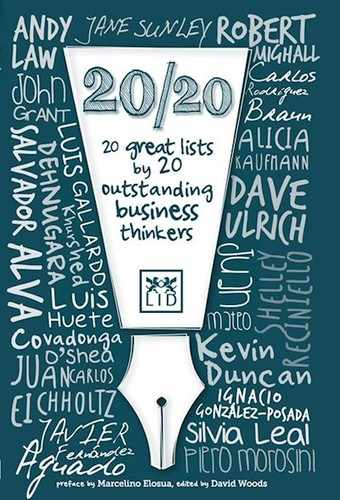2.
OBSERVE
“The real voyage of discovery consists not in seeking new landscapes, but in having new eyes.”
Most of us have had that wonderful experience of travelling to new lands and feeling the excitement of “what’s around the corner?” Enjoying a new place, a new cuisine or new smells. It’s the perspective of the foreigner. Yet how can we take the same approach when confronting the unknown in our daily lives? Alain de Botton calls it a “travelling mindset,”73 a quality embodied by Xavier de Maistre, a Frenchman who in 1795 pioneered a new mode of travel: room-travel.
De Maistre’s thirst for adventure took him from his place of birth at the foot of the French Alps to Turin in Italy, then to St Petersburg in Russia, where he spent the last years of his life. He is also known to have attempted air travel in his 20s, when he built large wings out of paper, ambitiously planning to cross the Atlantic to America. His daring adventure did not come about, but instead, in 1790 De Maistre embarked on an adventure of a different kind, when he found himself under house arrest for 42 days as a punishment for participating in a duel. He set out to discover his bedroom, chronicling the journey in the book Voyage autour de ma chambre, or Journey around my bedroom.
In the book he describes how he meanders through the room, slowly and non-linearly taking in the “sights,” writing in the style of the travel books of the era: “Once you’ve left my armchair, walking towards the north, you come into view of my bed.” He explains his approach to his journey: “I will trace out every possible geometrical trajectory if need be. . . . My soul is so open to every kind of idea, taste, and sentiment; it so avidly receives everything that presents itself!”
De Maistre’s ability to observe neutrally, to re-discover the known and the familiar, and his painstaking attention to detail is a wonderful example of a mindset that would serve us well more than 200 years later.
The process of observation slows us down and grounds us in the present moment. It can help us resist the temptation to jump to action, into solution mode, too quickly. When we keenly observe what is around us, what is going on, we can gain a better perspective in the midst of action. Marco Antonio Martinez likes describing the act of observation as a “stimulation of all our senses.” He believes that this definition enables us to have a better view of challenging things and situations. “In life there are unknown situations which can paralyze us and push us to believe that it is impossible to do something about them. If we learn to observe things with our other senses, finding different and new perspectives, we can find new ways to achieve our dreams.”
When we are trying to make sense of a situation, or make progress with a complex challenge, rather than relying just on our intellect, we can engage all our senses in a process of observation. We can immerse ourselves in the experience and collect information through any sense that is available to us – sight, hearing, smell, touch or taste. This rich data can provide us with more options for engaging with the issue at hand. The more detached we can become in our observations, without being influenced by our thoughts, feelings, prejudices or interpretations, the more we can be open to a new space of inquiry and wonder.
There are many spiritual practices that have developed awareness teachings such as mindfulness in Buddhism and contemplation in action in the Catholic tradition. They all serve to help us step back and ask “where am I?” or “what’s going on here?” Simple acts such as pushing our chair back in a meeting, focusing on our breath for a few moments, or developing a practice of debriefing can bring us a little closer to becoming more observant and reflective.
